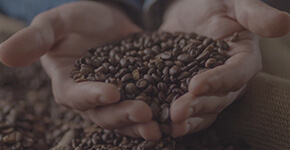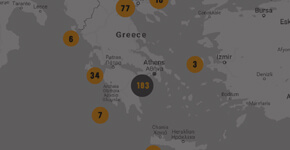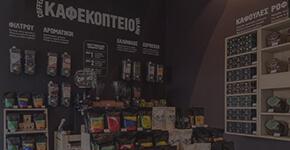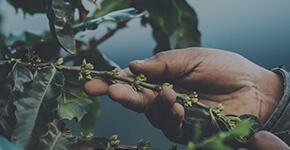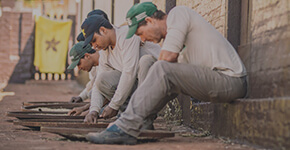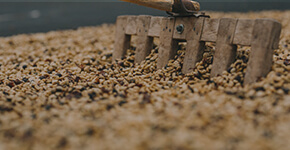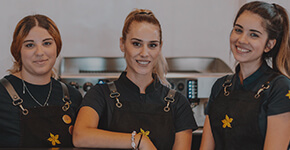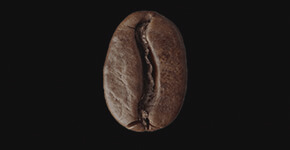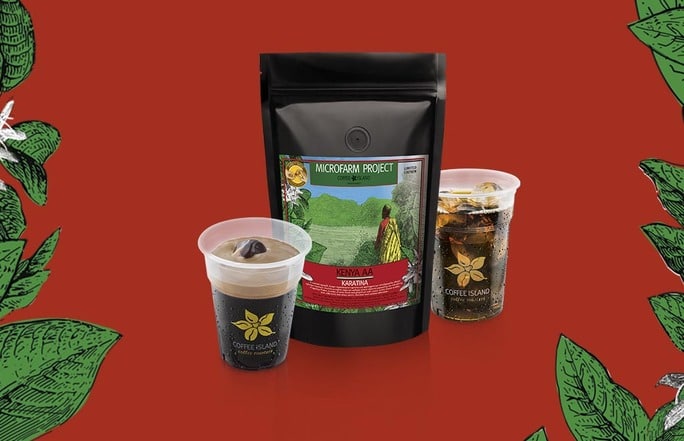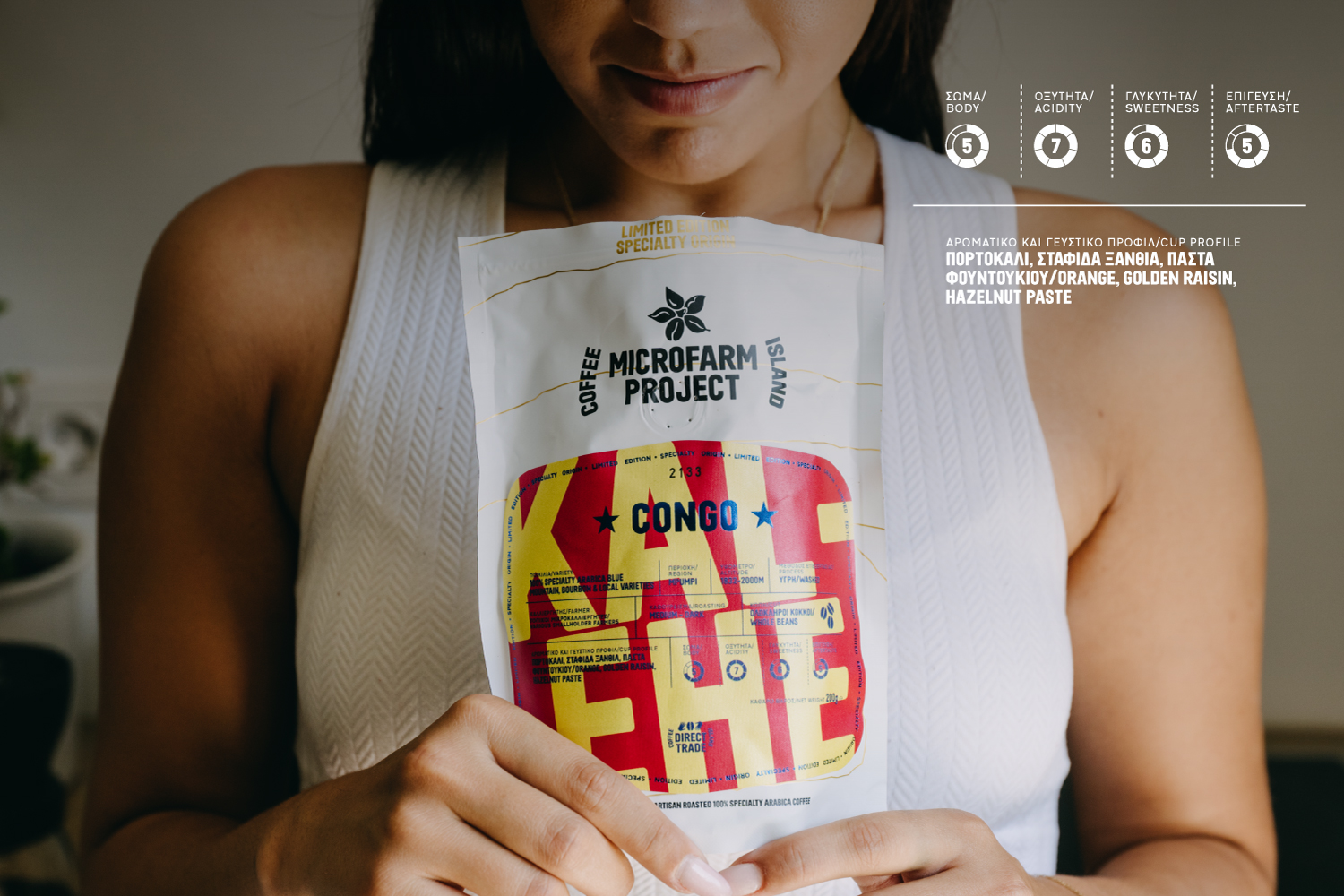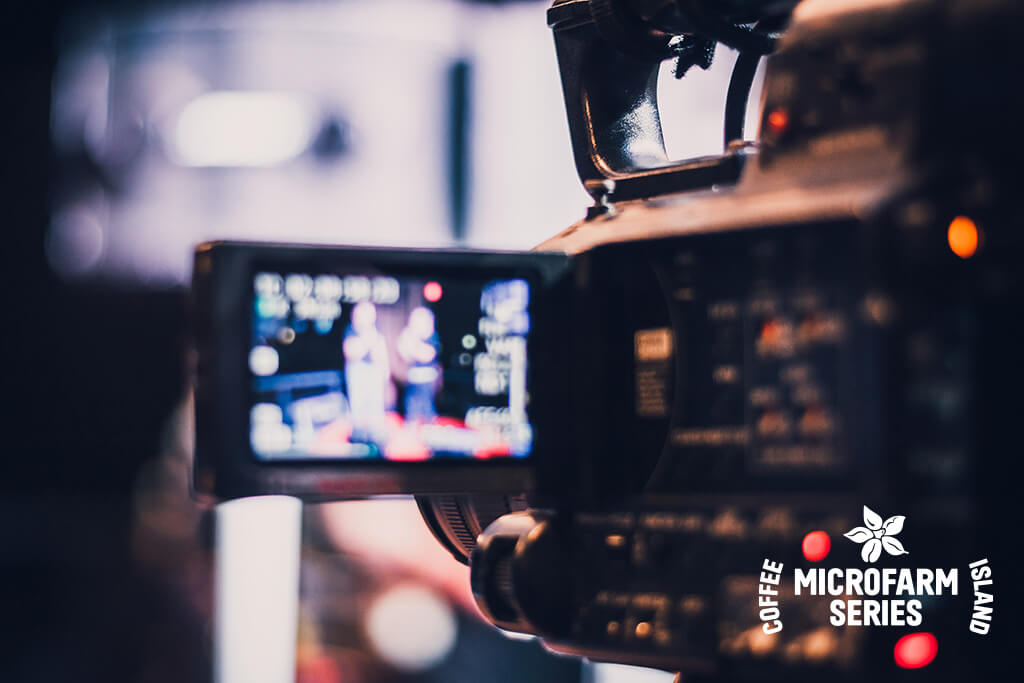A new great taste from Kenya!
We continue our journey in taste for out MicroFarm Project®. We arrive in the Karatina cooperative in the Nyeri area, the central province of Kenya. We have acquired and made available another limited edition specialty coffee, farmed with innovative methods and with a flavor that cannot be copied.
The magic of Kenya
Coffee first appeared in Kenya because of the British who brought the seeds from neighboring Ethiopia and from the Bourbon island. In Kenya we meet many exquisite coffee varieties like SL28 and SL34 which are known and loved for their wonderful complexity and acidity. The coffee grows in farms with an altitude of as high as 1800 meters, combined with rich volcanic soil that is the key to the incredible flavors that are found in the coffee. About 60% of coffee made in Kenya is made in small cooperatives whose farmers have small areas to farm. Usually a small farming area known otherwise as “Shamba” is consisted of an area where coffee is grown shaded for the most part, a house and a variety of vegetables and fruit for the family to use.
The Karatina cooperative
The Karatina cooperative is situated a few km away from the Karatina area in the central province. It is connected to the co-op society cooperative that is made up by Barichu farmers and the Karindundu, Gaturiri and Catomboya cooperatives. As of the time this post is written it composes of 4040 active members and each one hold at time half an acre of land to farm coffee and macadamias, beans, bananas and corn. The area has deep, well rooted and fertile volcanic soul at an altitude of 1800- 2000 meters with an annual rainfall of 953mm.
Let’s take a look
Cooperative: Katarina, Barichu FCS
Altitude: 1800-2200 meters
Location: Karatina, Nyeri, Central Province
Preparation: Washed and Sun- dried on African beds
Variety: Arabica SL28 and SL34
Ownership: Cooperative members
Flavor
Fruity taste with a hint of grapefruit and a full, sweet lemon acidity, silky rich body and a clean, sweet aftertaste of caramel and chocolate.
Harvest
To begin the harvest, the fruit must reach a specific level of maturity having reached a correct level of sugar concentration in the fruit. Here, the cherries are hand-picked to ensure the picking of the right mature fruit.
Wet process
The coffee is hand-picked by members of the cooperative and is taken to the Karatina factory to be made into a pulp. By doing this the dense beans are originally separated from the immature “mbunis” by using water flotation. This means that the denser beans will submerge and be sent through canals to the fermentation tank. The first stage of fermentation last about 24 hours and then the beans are washed and sent to the second tank for another 12-24 hours. When this process is complete, the beans enter the washing canals where the floaters are separated and the dense beans are cleaned from all sticky substances. The washed beans are then put in the tanks where they remain in clean water for another 24 hours.
This soaking process allows the amino acids and proteins in a molecular level to grow, which leads to higher levels of acidity and flavor complexity in our cup. This process is thought to contribute to the flavor profile for which coffees from Kenya are so famous.





